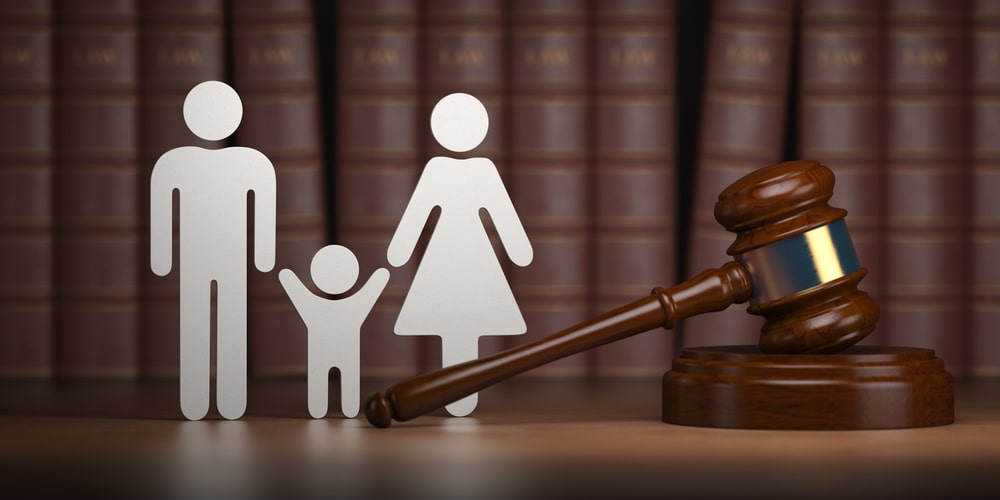Therapy During Your Divorce
Divorce is one of the toughest journeys a person can face. It’s not just a legal process; it’s a deeply personal and often painful emotional one. While your attorney handles the legal side of things – working through paperwork, protecting your rights, and negotiating agreements – there’s another crucial piece of the puzzle: your emotional well-being as a family lawyer can share.
This is where therapy (also called counseling or mental health support) can play an incredibly powerful role. Amanda at Flat Fee Divorce Solutions shares how much stronger and more resilient clients become when they have emotional support along their divorce journey.
Why Divorce Feels So Overwhelming
Divorce isn’t just about ending a marriage; it’s about grieving a future you once imagined, adjusting to massive life changes, and coping with a whole range of intense emotions. You might feel:
- Sadness Or Grief: For the loss of your relationship and family structure.
- Anger Or Resentment: Towards your ex-spouse, or even at the situation itself.
- Fear Or Anxiety: About your financial future, your children, or starting over.
- Confusion Or Uncertainty: About who you are now, or what your next steps should be.
- Guilt Or Shame: Even if the divorce wasn’t your fault.
These feelings are all normal. However, if left unchecked, they can make it harder to make clear decisions, communicate effectively, and truly move forward.
Therapy Is A Safe Space For Your Emotions
Think of therapy as a dedicated, confidential space where you can process all these complex emotions without judgment. It’s different from talking to friends or family, because a therapist is a trained professional who can:
- Offer Objective Guidance: They’re not involved in your personal life, so they can see things clearly and offer unbiased perspectives.
- Teach Coping Strategies: They can equip you with tools to manage stress, anxiety, anger, and sadness in healthy ways.
- Help You Understand Your Feelings: They can help you identify where certain emotions are coming from and how they’re impacting you.
- Improve Communication Skills: This can be especially helpful if you need to co-parent or maintain a civil relationship with your ex-spouse. This tool can be especially useful if you are dealing with a high-conflict co-parent.
- Support Your Healing Process: Therapy helps you move through the stages of grief and loss, allowing you to heal and eventually thrive independently.
- Focus On You: Unlike conversations with loved ones, where you might worry about burdening them, therapy is 100% focused on your needs and feelings.
Therapy Isn’t An Issue In Your Divorce Case
It’s important to understand this key point: unless there are serious mental health concerns that directly impact your ability to parent or make sound decisions for your children, your decision to attend therapy is usually kept completely private and is not part of your divorce case. In this way, therapy acts just like seeing any other medical professional. No one in your divorce cares if you see the eye doctor, dentist or get a routine checkup.
It doesn’t make you look “weak”: Far from it. Choosing to go to therapy shows strength, self-awareness, and a commitment to your mental health. It demonstrates that you are actively taking steps to cope with a difficult situation, which can actually help you make clearer decisions regarding your legal case.
Divorce is a marathon, not a sprint. Just as you rely on your attorney for legal guidance, consider leaning on a mental health professional for emotional support. Investing in therapy during this time is an investment in yourself, your peace of mind, and your ability to navigate challenges with resilience and clarity. Contact an attorney if you need guidance on starting a divorce today.


